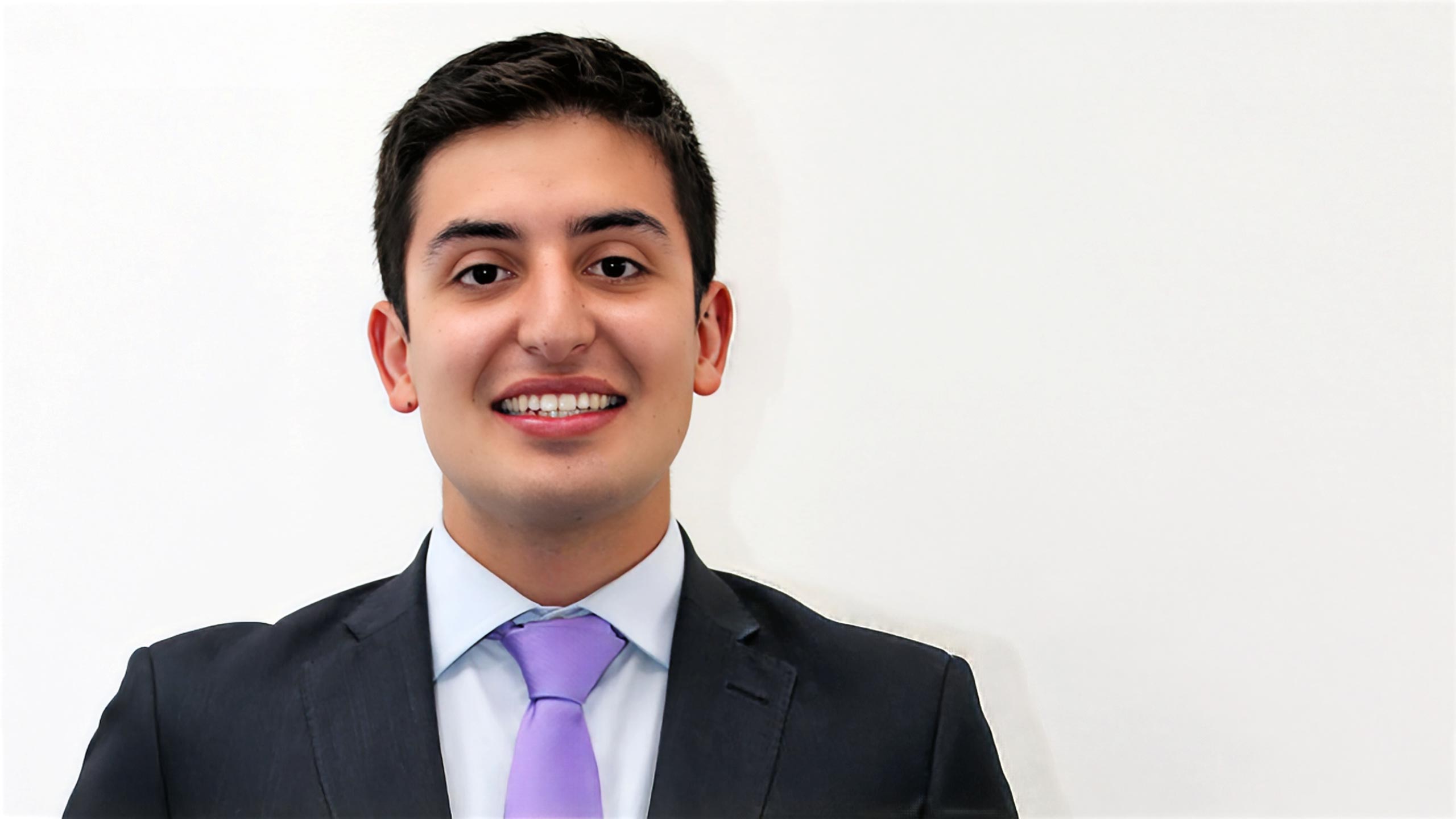

Join us in welcoming David Neira, Assistant Professor of Chemical Engineering at Purdue, as he discusses quantum discrete optimization. Alums and friends of the program are always welcome.
Don’t worry, we recorded it
Access Password: 0XA%r&QG
Reformulations and Decomposition for Quantum Discrete Optimization: applications in optimal power flow
Quantum computing has the potential to accelerate specific challenging computational tasks compared to classical computers. In particular, given the Ising spin model to quadratic unconstrained binary optimization (QUBO) equivalence, methods have been proposed to tackle discrete optimization through quantum methods. We present a series of tools that allow reformulating discrete nonlinear optimization problems into QUBO and solving them using current quantum computers. Details can be found in https://arxiv.org/abs/2307.02577 and https://github.com/JuliaQUBO/QUBO.jl Given its quadratic formulation, Alternate Current Optimal Power Flow (ACOPF) appears to be a promising candidate for quantum computers. Nevertheless, the standard reformulations into a quantum system were found costly, with small networks requiring thousands of qubits. By analyzing individual constraints, we developed problem-specific strategies for reducing qubit requirements that are still beyond current-era quantum computer capabilities. Final perspectives of problem decomposition are presented as alternatives to exploit current quantum devices when aiming for practical discrete optimization applications.
David E. Bernal Neira is an assistant professor at the Davidson School of Chemical Engineering at Purdue University. He specializes in applying mathematical and computer science tools to address problems relevant to science and engineering, for example, physics and chemical, process, and energy systems engineering. In particular, he works in nonlinear discrete optimization, where, besides applications, he has been working in theory, algorithms, and software. He has been involved in research and teaching related to these topics for over a decade, complemented with research in Quantum Computing.